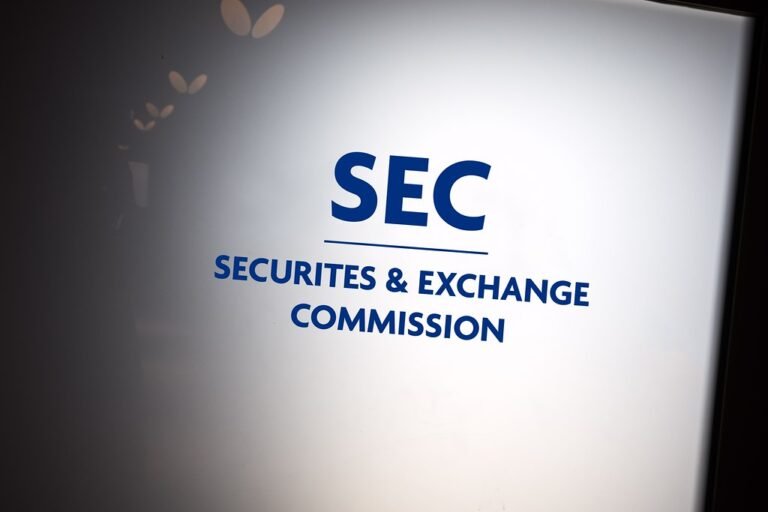
Gen Digital Inc. (formerly Symantec Corp.) has agreed to pay $55.1 million to settle a decade-long False Claims Act lawsuit, concluding litigation over alleged false claims and overbilling the U.S. government. The settlement, which covers damages and civil penalties, includes $16.1 million in damages and $36.8 million in civil penalties, in addition to post-judgment interest and costs.
The case stemmed from Gen Digital’s misrepresentation of its commercial sales practices during the negotiation and performance of a General Services Administration (GSA) contract. Following a four-week trial in 2022, the court found that Symantec had falsely stated its commercial pricing practices when negotiating the contract in 2006 and 2007. The company continued to certify that its disclosures were accurate through the completion of the contract in 2012. As a result, the government was induced to pay higher prices than it would have if it had known the true pricing details.
Additionally, the court found that Symantec violated the Price Reduction Clause of the contract, which required the company to maintain its price position in relation to other customers. These violations deprived the U.S. government of discounts it was entitled to.
“The department will hold accountable contractors that knowingly overcharge the United States to enrich themselves,” said Brian M. Boynton, Principal Deputy Assistant Attorney General for the Justice Department’s Civil Division. “This case underscores our commitment to protecting taxpayer funds.”
The settlement resolves a lawsuit filed under the qui tam provision of the False Claims Act, which allows private individuals to sue on behalf of the U.S. government. The whistleblower in the case, Lori Morsell, who managed the contract for Symantec, will receive a portion of the recovery, though her share has not been determined.
U.S. Attorney Matthew M. Graves for the District of Columbia emphasized that the case reflects the office’s dedication to rooting out fraud and holding contractors accountable, no matter how complex the case. The litigation was a collaborative effort between the U.S. Department of Justice, GSA’s Office of General Counsel, and the Office of Inspector General.



